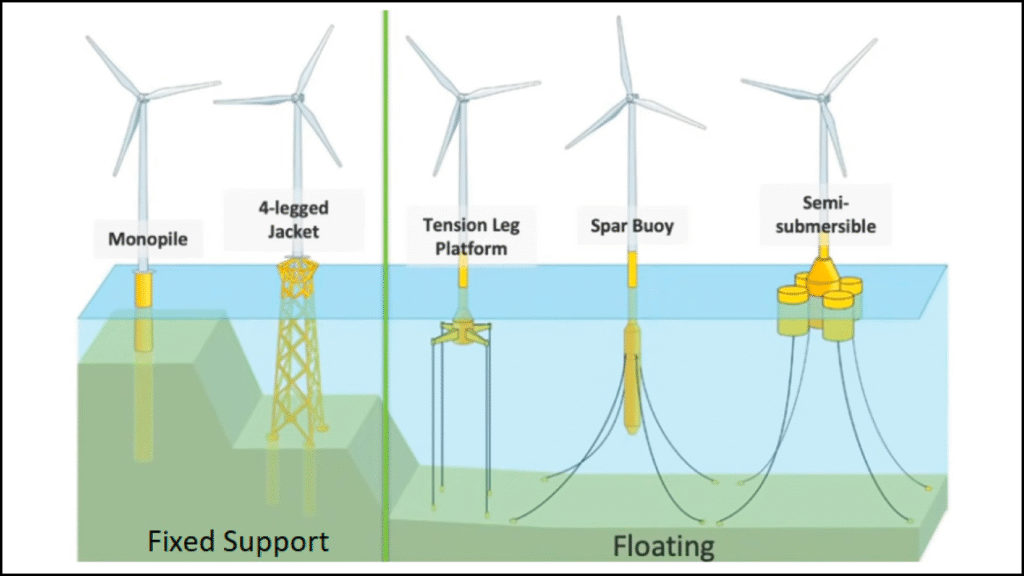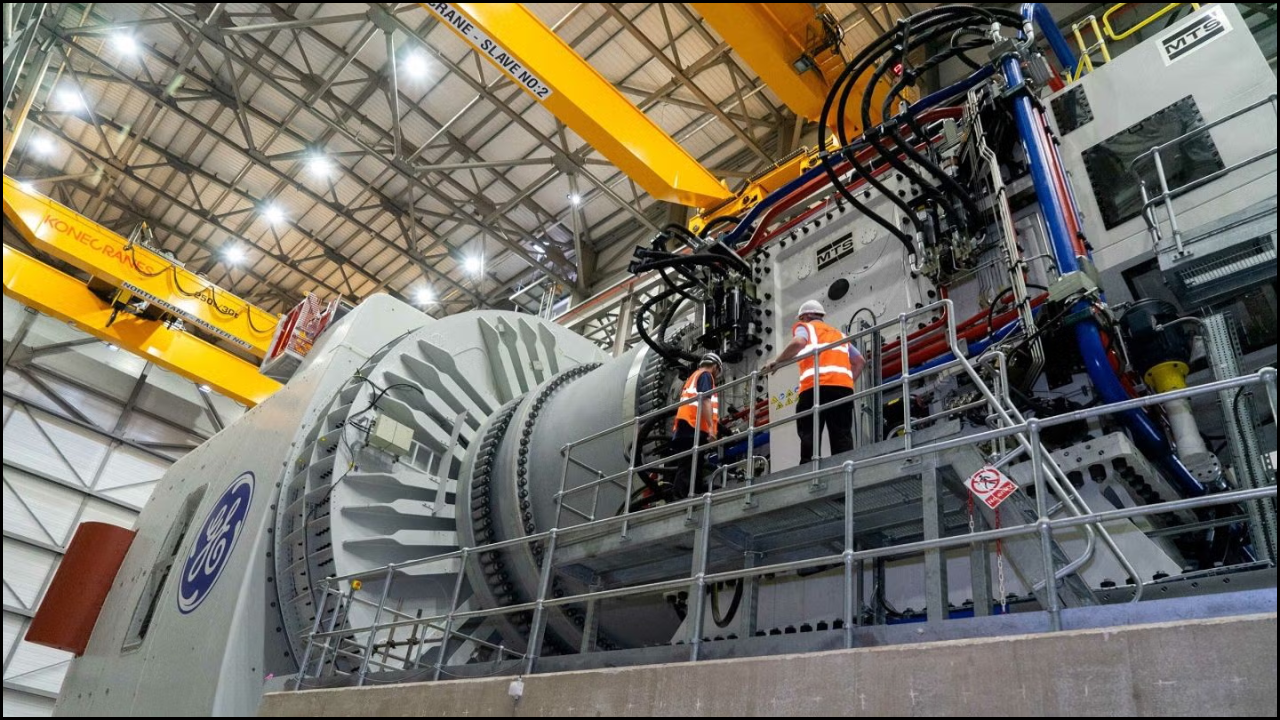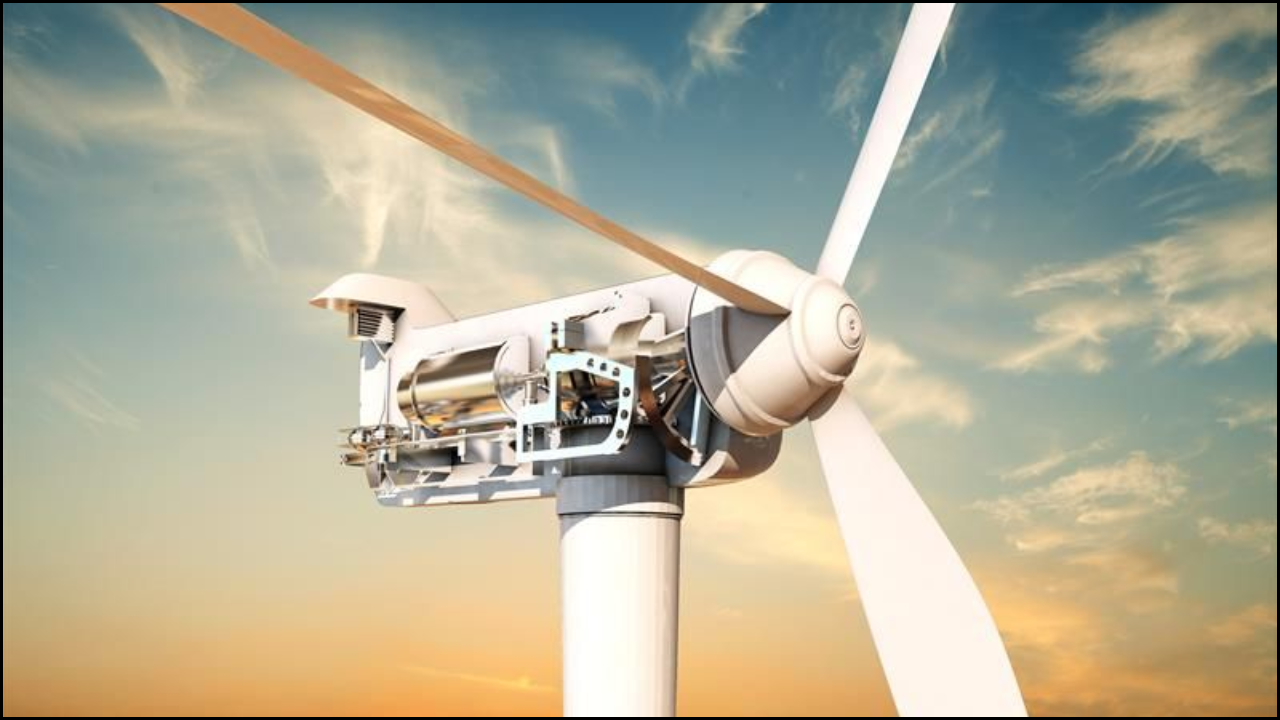
Innovation in offshore renewable energy depends on understanding and forecasting performance reliability before commercial operation begins. A strong research foundation enables industries to reduce uncertainties, enhance investor confidence, and lower the levelised cost of energy. The expertise of multidisciplinary teams and advanced facilities plays a central role in pushing technological boundaries. The following sections present a detailed overview of key research capabilities, projects, and services driving offshore renewable energy advancements under the leadership of Dr Chong Ng, Associate Director – Applied Research.
Table of Contents
Core Research Philosophy
- Industry-Led Approach: Research priorities are guided by direct consultations with owner/operators, original equipment manufacturers (OEMs), top-tier suppliers, small and medium enterprises (SMEs), and innovators.
- Collaborative Ecosystem: Active partnerships with academic and research communities ensure alignment between industrial needs and academic innovation.
- Applied Research Orientation: Projects typically begin from Technology Readiness Level (TRL) 3 and advance toward full-scale demonstration and commercialisation.
- Performance-Driven Strategy: Every research activity aims to enhance performance, reliability, and cost-effectiveness in the offshore renewable energy sector.
Key Research Programmes
Research efforts are structured around three major programmes that address essential components of offshore renewable energy and technological progress.
| Programme | Focus Area | Core Objectives |
|---|---|---|
| Testing and Validation | Evaluation of new technologies and system prototypes | – Verify operational efficiency – Assess reliability under real-world conditions – Provide certification-level performance data |
| Operational Performance | Monitoring and improving existing energy systems | – Enhance energy yield – Extend asset lifespan – Optimise maintenance strategies |
| Disruptive Innovation | Introduction of next-generation technologies | – Explore advanced materials – Develop autonomous systems – Integrate smart data-driven solutions |
Specialised Knowledge Areas
Research excellence is achieved through focused expertise in several technical domains. Each area addresses specific aspects of offshore energy systems.
| Knowledge Area | Research Focus | Expected Impact |
|---|---|---|
| Rotors | Advanced blade materials, aerodynamics, and load management | Improved efficiency and structural resilience |
| Powertrains | Gearbox, generator, and drivetrain optimisation | Enhanced energy conversion and reduced mechanical losses |
| Electrical Infrastructure | Subsea cables, transformers, and grid integration | Stable power transmission and reduced energy losses |
| Foundations/Structures | Design and durability of offshore support systems | Increased structural integrity in harsh marine conditions |
| Wind & Ocean Conditions | Resource assessment, turbulence analysis, and environmental impact | Accurate forecasting and optimal site selection |
Core Research Capabilities
A world-class research team combines academic insight and industrial experience to deliver comprehensive and practical outcomes.
- Specialised Research: Focus on offshore energy reliability, materials innovation, and system resilience.
- Collaborative Project Development: Design and execution of research partnerships with universities, industries, and government agencies.
- Consortium Formation: Coordination of academic–industrial collaborations to secure public research funding.
- Joint Industry Programmes: Facilitation of shared R&D efforts targeting common industry challenges.
- Programme Management: Oversight of complex, multi-partner initiatives from conception to delivery.
- Technical Due Diligence: Evaluation of technological feasibility, commercial readiness, and investment risk.
- Specialist Advisory: Guidance on emerging trends, technology integration, and sustainable innovation.
- Public Funding Guidance: Support for stakeholders navigating funding frameworks and proposal development.
Recent Research Projects & Achievements
Collaborative initiatives demonstrate the practical value of applied research and its contribution to the offshore renewable sector.
| Project Title | Objective | Outcome |
|---|---|---|
| Advanced Blade Testing Initiative | Study of fatigue resistance and composite design improvements | Enhanced lifespan and performance predictability of turbine blades |
| Powertrain Reliability Programme | Development of real-time monitoring systems for drivetrain health | Reduction in unplanned downtime and maintenance costs |
| Electrical Grid Stability Study | Investigation of offshore grid connections and failure analysis | Improved fault tolerance and efficient grid integration |
| Floating Turbine Demonstration Project | Validation of new floating platform technologies | Expansion of offshore deployment to deeper waters |
| Data & Robotics Integration | Automation of inspection and maintenance through robotics | Increased operational safety and cost efficiency |
Research Services Offered
| Service Category | Description | Industry Benefit |
|---|---|---|
| Data & Robotics | Utilisation of autonomous systems and data analytics for performance tracking | Enhanced precision, safety, and maintenance efficiency |
| Future Energy Systems | Integration of renewable systems with grid and storage technologies | Reliable and sustainable power networks |
| Materials & Industrialisation | Investigation of advanced materials and scalable production methods | Faster innovation and reduced manufacturing costs |
| Floating Technologies | Development of floating turbine and structure designs | Broadened access to deep-water wind resources |
| Next Generation Turbines | Research on high-capacity and intelligent turbine systems | Greater energy yield and adaptability to variable conditions |
Leadership and Expertise
- Research Leadership: The applied research initiatives are led by Dr Chong Ng, Associate Director – Applied Research.
- Team Competence: A multi-disciplined team of scientists, engineers, and analysts collaborates to translate research insights into commercial applications.
- Facility Strength: Full-scale testing environments support prototype validation and reliability assessment under real-world offshore conditions.
- Collaboration Vision: Strong partnerships with industry and academia ensure rapid technology transfer and innovation scalability.
Impact on the Offshore Renewable Energy Sector
- Enhanced Market Confidence: Rigorous research ensures predictability in performance, attracting greater investment in offshore projects.
- Reduced Energy Costs: Optimised systems and materials lower the levelised cost of energy generation.
- Innovation Acceleration: Applied projects bridge the gap between laboratory innovation and large-scale deployment.
- Sustainable Growth: Industry-focused research contributes to the global shift toward clean and renewable energy systems.
Contact Information
Dr Chong Ng: Associate Director – Applied Research
Email: info@ore.catapult.org.uk
For further collaboration, consultation, or research inquiries, stakeholders are encouraged to contact the Applied Research Team for partnership opportunities.
Final Thoughts
A research-driven approach defines the progress of offshore renewable energy. Strong collaboration between industry and academia, guided by applied research and supported by advanced facilities, ensures continuous innovation. Under the leadership of experts like Dr Chong Ng, the focus remains on achieving performance reliability, reducing energy costs, and preparing for the next generation of sustainable offshore technologies.





